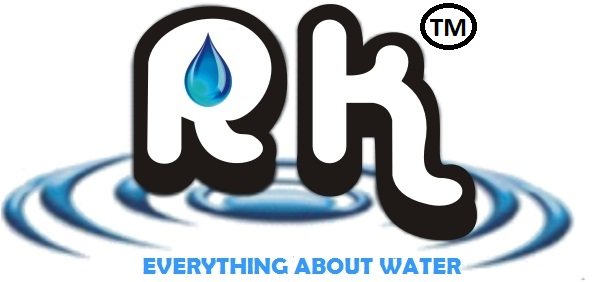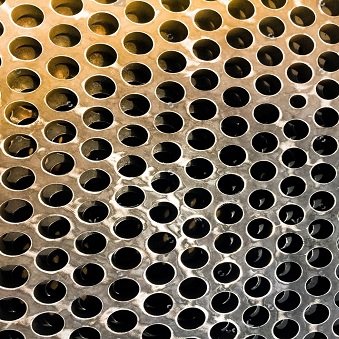Range of Boiler Fireside Treatment Chemicals include:
- MULTIFUNCTIONAL ADDITIVES.
- SLUDGE, SEDIMENT DISPERSANTS.
- FUEL SYSTEM CORROSION INHIBITORS.
- ANTIOXIDANTS AND COMBUSTION IMPROVERS.
- FIRESIDE DEPOSITS AND CORROSION CONTROL AGENTS HELPS CLEAN DIRTY SYSTEMS.
Our fuel treatment chemicals help increase fuel efficiency, minimize maintenance costs, and protect equipment from failure due to corrosion. These fuel treatment programs can help you get more from the fuel you’re using, or allow you to switch to a less expensive fuel at no sacrifice to reliability or environmental regulations. The choice of which chemical to use depends on the type of fuel and the goals of the treatment for pre-, during-, and post-combustion processes.
Fireside treatment chemicals are also used to condition the already formed deposits in boilers during operation and prevent further deposition. Such online treatment systems have proved to be very useful for preventive maintenance of boiler.
Balanced fuel additive program/chemical includes;
- DISPERSANT
- CATALYST
- OXIDIZERS
- CORROSION INHIBITORS
- SLAG MODIFIERS
- COLD END CORROSION
EFFICIENCY
Fireside deposits are generally poor conductors of heat. Accumulation of such deposits on metal surface reduces the heat conduction to a large extent. As little as 1 mm thick deposition can result in about 2% loss of efficiency. The build up of such deposits depends on the operating conditions, fuel characteristics and boiler design.
The reduced heat transfer in boiler is reflected in higher flue gas temperature. Increased stack losses reduce the overall boiler efficiency. In order to maintain peak boiler efficiency, it is necessary to clean the deposits regularly, which need a shut down. Periodic cleaning is troublesome and energy is wasted in cooling and reheating the boiler. Also, the boiler is not available during the shutdown period.
It is therefore essential to remove or prevent fireside deposition in any combustion equipment.
FUELTREAT provides the following advantages:
- Increase boiler efficiency.
- Protects from scale formation and corrosion.
- Improves heat transfer efficiency
- Removes impurities.
- Long Shelf Life.
- Reduces Clogging of Lines, Strainers and Nozzles.
- Prevents Soot Build Up.
- Increases Combustion Efficiency.
- Improves Fuel Stability.
- Helps Control Emissions.
- Provides Viscosity Control.
- Reduces Maintenance Costs



